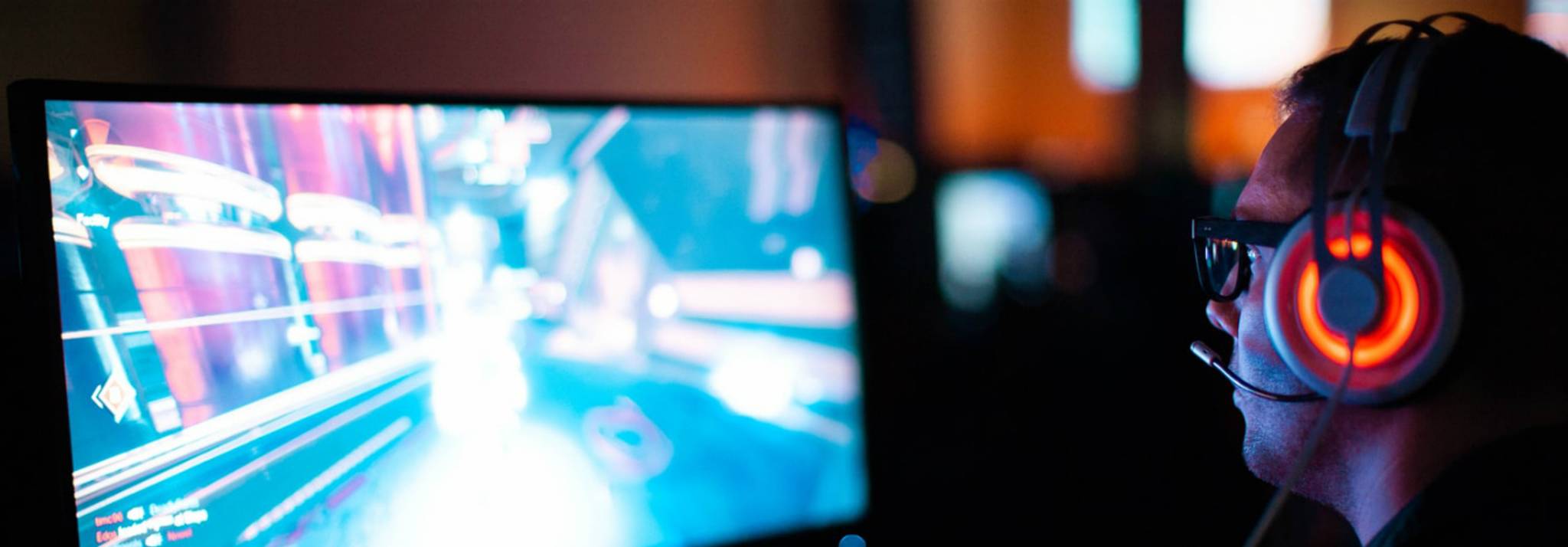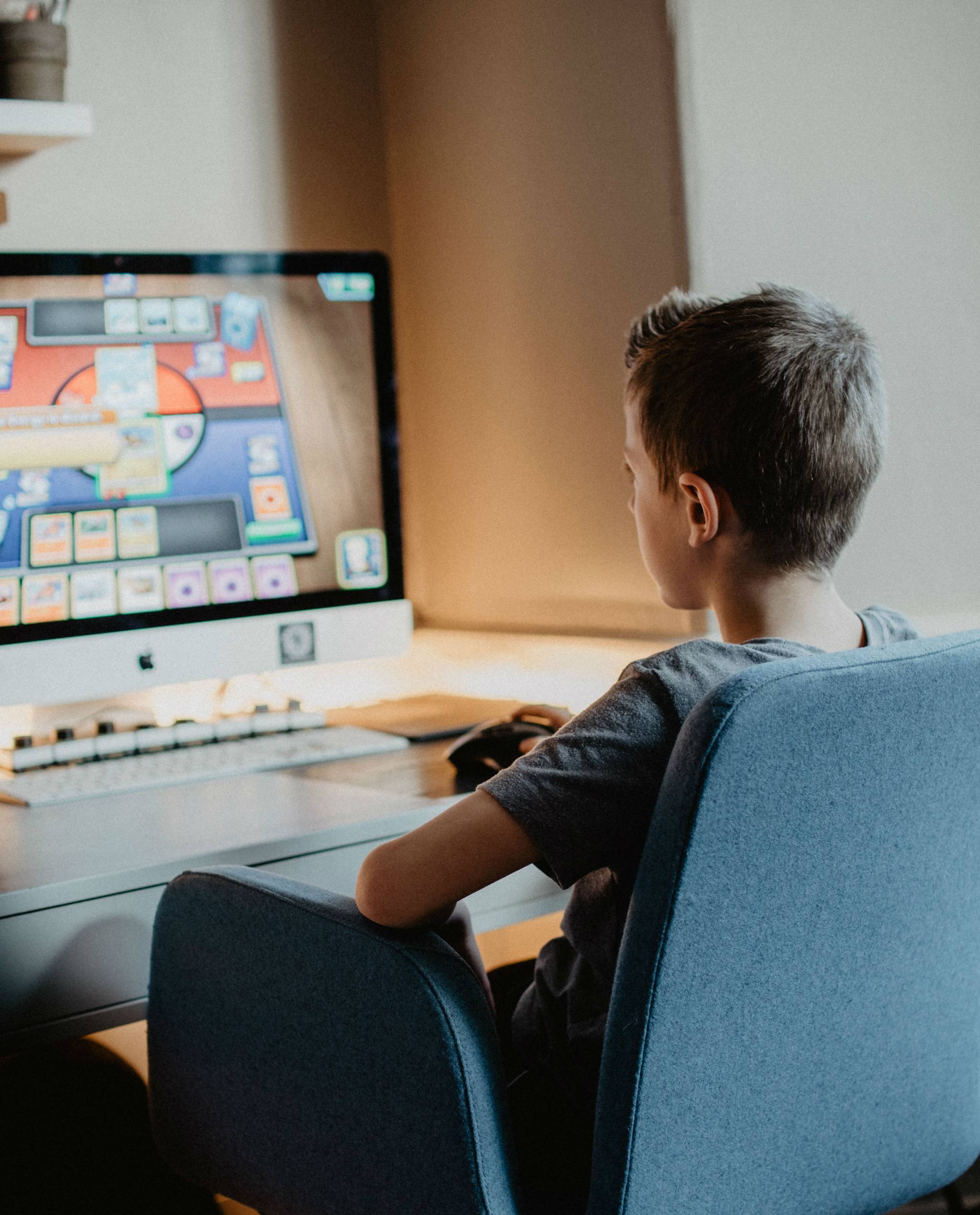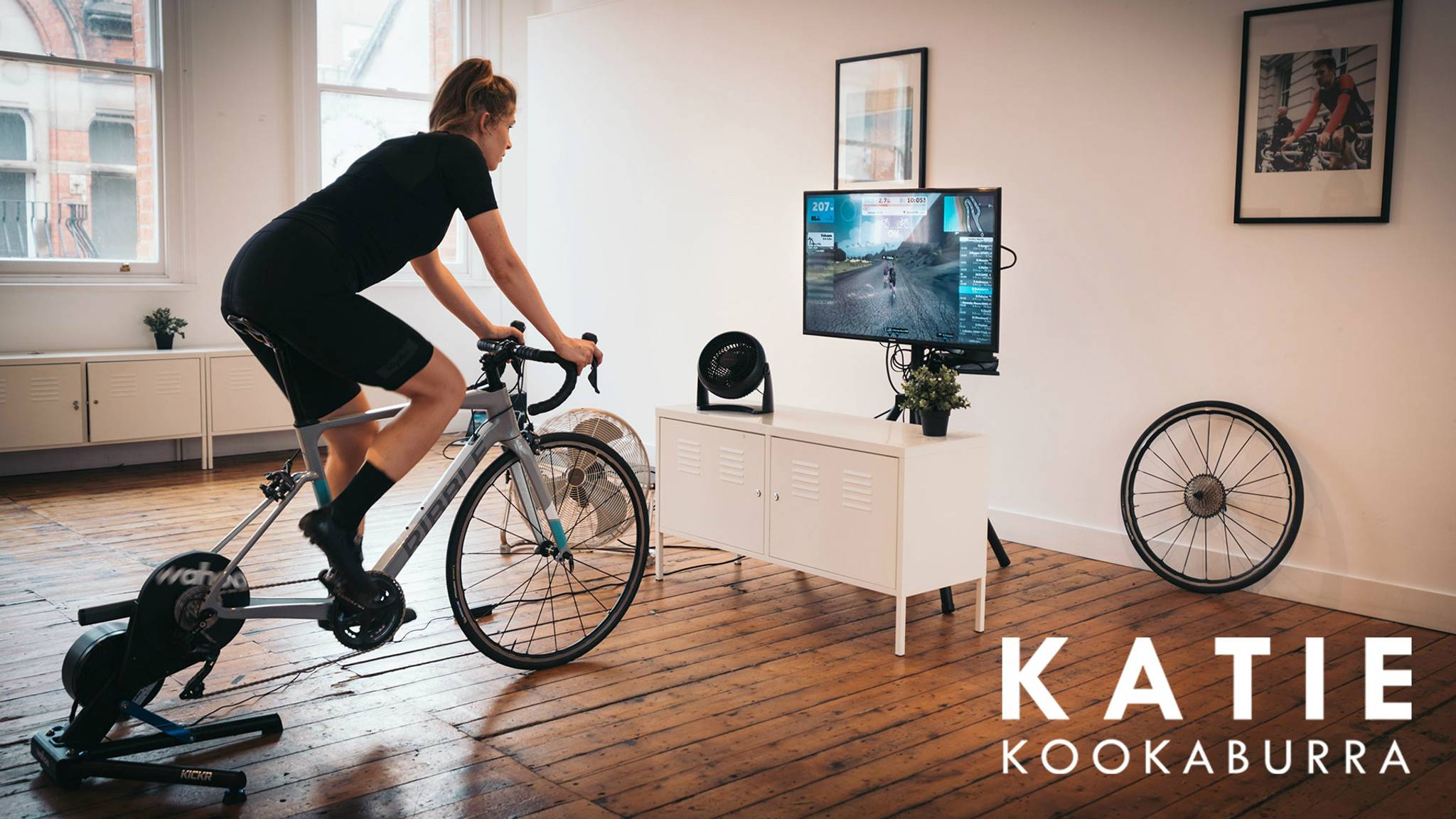
Researchers have found that immersive activities like video games can help people enter states of flow, positively affecting mental health. And while coping with the pandemic has made many turn to mindfulness, unlikely activities like gaming are found to be as effective, if not more. We explore the insights behind this and why gaming during a pandemic can help people cope in healthy ways.
In a study conducted across China, including Wuhan, where the coronavirus originated, researchers from the University of California observed 5,000 participants’ behaviour while at home. The researchers found that those who entered flow states by focusing their energy on immersive activities like gaming or running experienced more positive emotions, less depression, and less loneliness. They also observed that flow-inducing distractions are more effective to boost positive emotions than mindfulness practices.
“Generally speaking, an activity is more likely to create flow if it challenges you the right amount and provides opportunities to track your progress toward some goal,” says Dr. Kate Sweeny, lead author of the study. “Most video games have these components built in – they get harder as people get better, and they clearly mark your progress through the game.”
Whether it’s Animal Crossing or Fortnite, gaming has been a soothing experience for millions during the pandemic, helping them tap into escapism to alleviate the negative feelings that come from being stuck at home. And although gaming has had its fair share of criticism, it’s increasingly being recognised as an effective tool to reduce stress levels and improve mental health.
At a time when almost a quarter of Americans have experienced mild symptoms of depression during COVID-19 and a rise in mental health issues was observed in China at the start of the pandemic, tools that can help distract people from the pandemic are a popular form of coping. Perhaps it’s why binging on Netflix or explorations into virtual reality have taken off in lockdowns across the globe.
Luana Sambell is a behavioural analyst on the Cultural Intelligence team at Canvas8. With an MSc in consumer behaviour, she’s interested in how pop- and sub-cultures shape people’s preferences, judgements, and decision-making. Outside of work, you can usually find her cycling around London looking for dumplings or natural wine.



